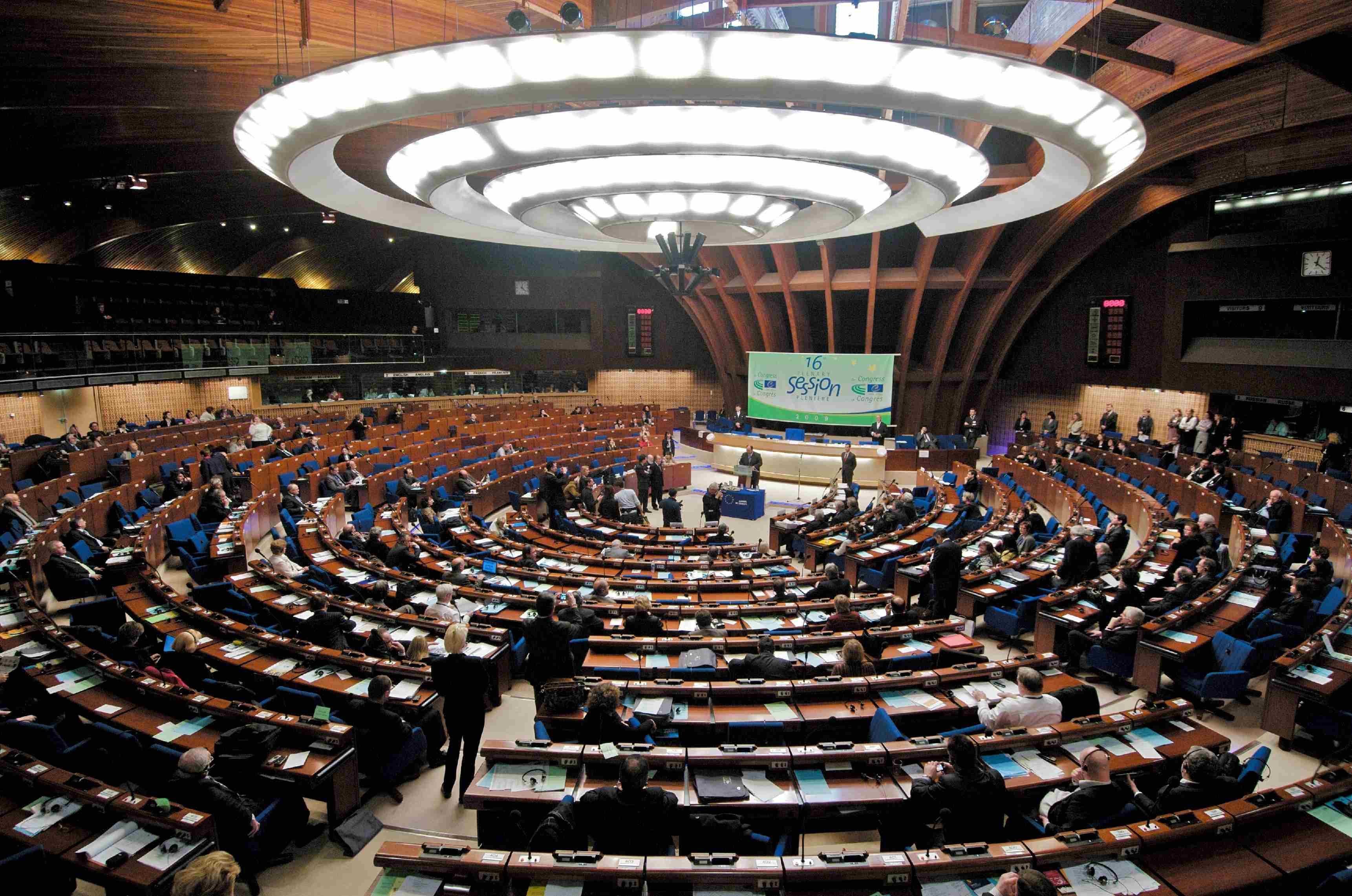The president of the Council of Europe's Group of States against Corruption (GRECO), Marin Mrčela, has warned Spain that if states ignore the standards set out by the body, judicial independence is at risk. The Spanish state has not completely implemented any of the eleven recommendations made by the body in 2013 to prevent and confront corruption involving MPs, judges and prosecutors. "What we want is to eliminate the possibility of politics influencing the legal system", Mrčela told the Catalan News Agency.
According to the group's annual report, published this Thursday, the Spanish state is one of those which doesn't comply with its procedures to prevent corruption. Its implementation of the body's recommendations is described as "globally unsatisfactory". In fact, Spain is the only state which hasn't yet completely implemented any of the recommendations. "The most important thing in the fight against corruption is political will," said the president.
Mrčela said that, when it comes to the General Council of the Judiciary, they want the majority of the judges to be chosen by other judges, not by politicians or "people who are appointed by the Parliament or the executive". "We know that there are many very professional judges in Spain, we have no doubt of that, but the issue is standards and prevention," he said.
As for recommendations for MPs, Mrčela said they recommend the adoption of a code of conduct including "aspects related to the prevention of corruption", like conflicts of interest, gifts and financial interests.
Four recommendations entirely unimplemented
Of the eleven recommendations for Spain, four haven't even started to be implemented, which places Spain among the ten least-active states as regards the issue. Alongside Spain in the "globally unsatisfactory" category are: Belgium, Hungary, Ireland, Luxembourg, Portugal, Romania, Serbia and Turkey. The report evaluates the "state of corruption" around Europe and in the United States in 2017, highlighting trends and giving more specific details on individual countries. Whilst presenting the report, the president described 2017 as a "dark" year.
The Council of Europe is an international organisation of 47 member states headquartered in Strasbourg. Its main objectives are the defence and protection of democracy, the rule of law and human rights.

